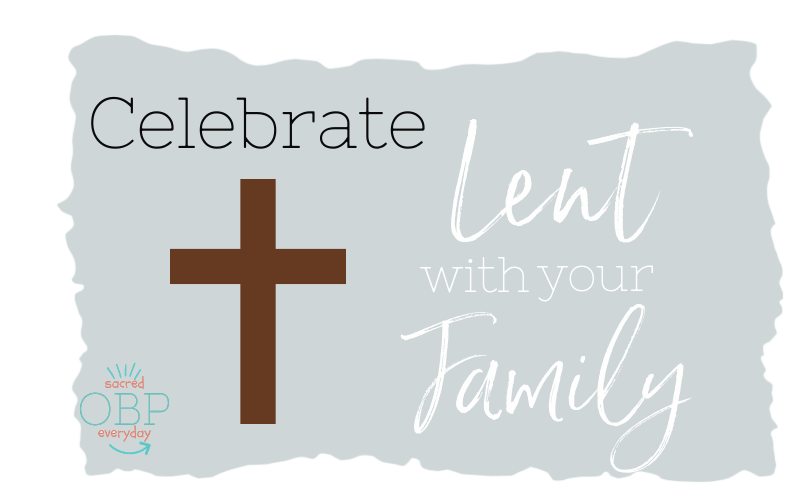“I exhort therefore, that, first of all, supplications, prayers, intercessions, and giving of thanks, be made for all men;” 1 Timothy 2:1
Nora is my text friend.
You probably have a text friend. Text friends (a.k.a. virtual friends) are people with whom we share our lives, but due to conditions and circumstances we rarely see. When Nora and I lived in the same city, we were facefriends. Heart to heart friends. Lunches, Bible studies, prayers, conferences, family dinners, heartaches, victories—we shared a lot of life. Eventually, God called Nora and her family to Florida, Indiana and finally Texas. Thank goodness for technology!
I was catching up with Nora the other day. My dear friend asked about my family so I filled her in on the latest with my twenty-something sons and the status of my mother.
“My mom is quite ill,” I texted “Now, I have the privilege of being one of her primary prayer givers.”
Primary prayer giver.
I meant to text primary caregiver, but out came primary prayergiver.
God had my attention.
My mind began processing this new phrase I had inadvertently coined, primary prayergiver, and I drew meaning from original phrase. What do primary caregivers do? According to Wikipedia, “A primary caregiver is the person who takes primary responsibility for someone who cannot care fully for themselves. It may be a family member, a trained professional or another individual.”
What do primary prayergivers do?
A primary prayergiver is a person who stands in the gap and takes primary responsibility to pray for someone who cannot fully pray for themselves. Primary prayergivers don’t pray exclusively for the sick and elderly. They pray for anyone who cannot pray for themselves such as:
- the lost
- the unborn
- little ones
- those who have fallen away
Who is a primary prayergiver?
If you pray and you are a true Christ-follower, you are a primary prayergiver in at least three different spheres of influence:
- Your family: the people who live under your roof
- Your work/ministry: the people you serve and work with each day
- Your world: the people you meet and see each day, people you pass on the street, people in your town, state and nation and elected officials
Prayer deeply affects the daily lives, health and destiny of individual people, families and nations. If we don’t pray for our families, our coworkers our nation, our world, who will? Prayer can be the difference between success and failure, strength and weakness, victory and defeat, and life and death. God has given us the responsibility, privilege and blessing of being primary prayergivers. We must pray continuously for those under our care.
Action Points:
- Get a time: Consistent prayer usually won’t happen unless we plan for it. I like to pray while I’m driving and in the evening for 10-15 minutes.
- Get a list: I used to keep prayer requests on little pieces of paper, which scattered across my vanity confetti! STRESS. Then I discovered Prayer Notebook, an inexpensive prayer app, which changed my life. You’ll love it too! You can download it at the link below.
- Get praying: When someone has hurt you, be a prayergiver. When someone is hurting, be a prayer giver. When it seems there is no hope, and everything is lost, be a prayergiver. When someone is sick, lost their job or lost their child, be a prayergiver.
Life is sweet. Be a prayergiver!
All rights reserved
Copyright 2016







Leave a Reply